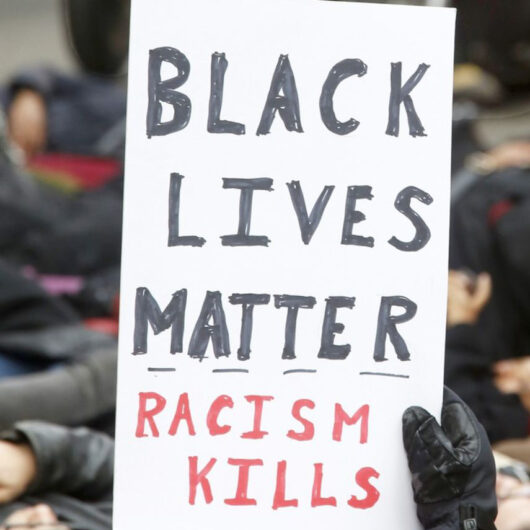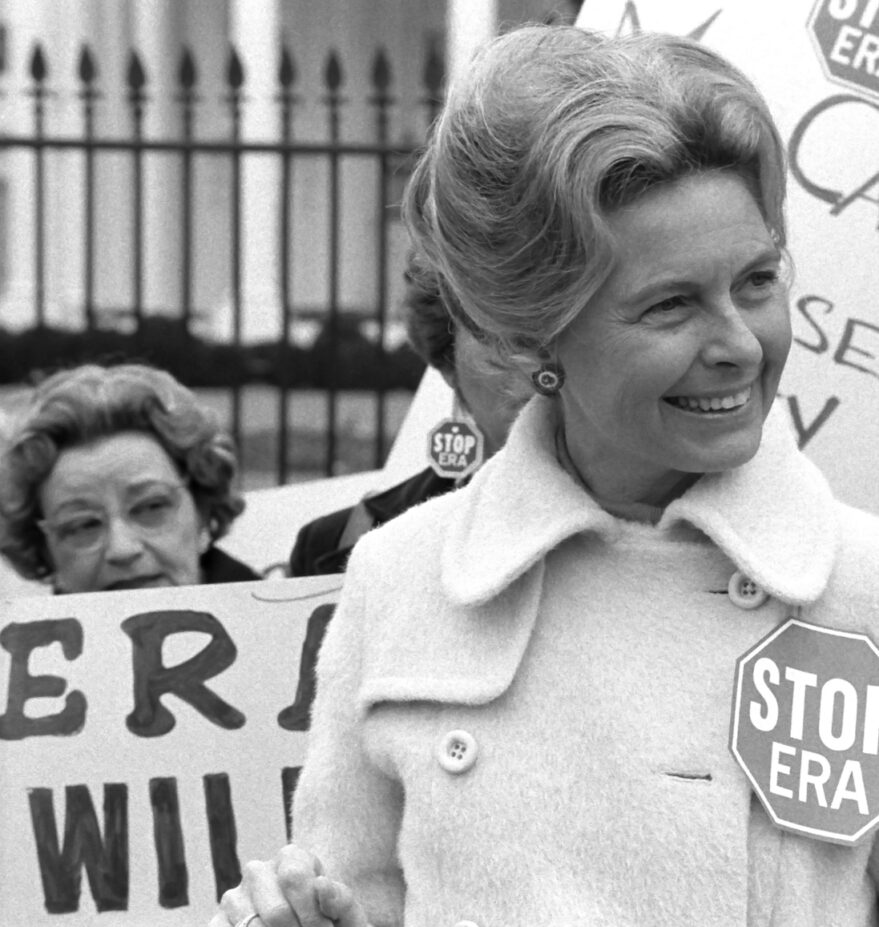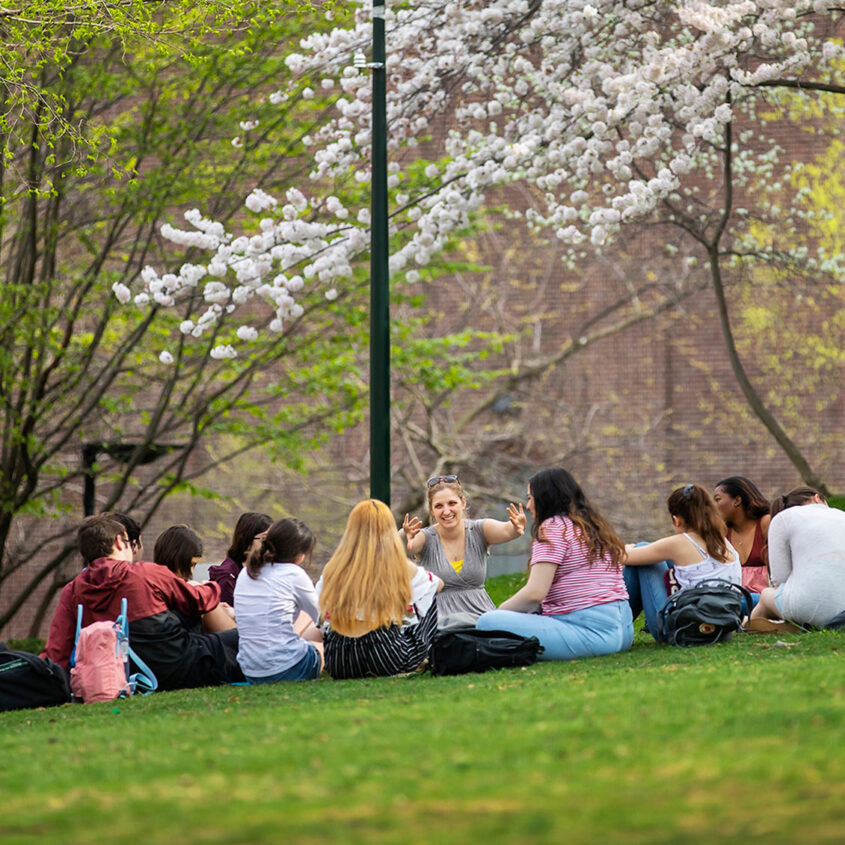Fall 2024
The Art of Art Collecting
Instructor(s)
- Peter Decherney
Semester
Fall 2024
This course is taught regularly and takes up different case studies of collectors and collecting. In Fall 2024, we will undertake a semester-long study of the Neumann family of collectors.
Testimony: Life-writing as Dialogue
Instructor(s)
- Sarah Ropp
Semester
Fall 2024
This hybrid literature/creative writing course centers on the genre of testimony as a form of life-writing and self-making that is fundamentally dialogic; that is, dependent on what Dori Laub calls “a listening other” to be fully realized.
Drawing the Blue Line: Police and Power in American Popular Culture
Instructor(s)
- Murali Balaji
Semester
Fall 2024
The police are one of the most heavily imagined institutions in American popular culture. From Cagney and Lacey to Colors, Law & Order, The Wire and The Watchmen, evolving depictions of law enforcement help us to understand larger socio-cultural shifts that have occurred from the post-1968 riots to the dawn of the Black Lives Matter movement in the mid-2010s and police abolition in the early 2020s.
Mindfulness and Human Development
Instructor(s)
- Elizabeth Mackenzie
Semester
Fall 2024
This course will introduce the student to the many ways in which mindfulness is currently being implemented to support the health and success of students of all ages. Mindfulness-Based Stress Reduction (MBSR), in particular, which utilizes secularized practices from Asian and South Asian traditions for the remediation of various health concerns, has revolutionized behavioral medicine, and the scientific evaluation of MBSR has shed new light on the bio-mechanical pathways linking mind and body.
Listening in Troubled Times
Instructor(s)
- Aaron Levy
Semester
Fall 2024
“Listening enables us to give democratic shape to our being together in the world,” according to the political philosopher Susan Bickford. In this course, we will explore histories and theories of listening and the power of listening as a means to connect with other times and spaces.
Podcasting
Instructor(s)
- Chris Mustazza
Semester
Fall 2024
Podcasting has become one of the most popular ways of disseminating the voice, supplanting radio. It has even been a primary driver of the growth of music streaming services like Spotify. This creative-critical seminar situates the podcast historically, analyzes current instantiations of the genre, and teaches hands-on skills to create your own podcasts. The course also frames podcasts as a form of asynchronous dialogue that can be critically engaged with and utilized as a mechanism to comment on societal issues.
Is This Really Happening? Performance and Contemporary Political Horizons
Instructor(s)
- Sharon Hayes
- Brooke O'Harra
Semester
Fall 2024
This class addresses the meeting points inside of and between a range of resistant performance practices with a focus on artists using performance to address political and social encounters in the contemporary moment.
America in the 1960s
Instructor(s)
- William Sturkey
Semester
Fall 2024
The Sixties are mythologized in American memory. From social movements to hippies, the Sixties are often portrayed as a decade of unfettered idealism, chaos, and revolution. The Sixties were indeed a dramatic era of conflict and change, but the experiences of Americans who lived during the Sixties were also remarkably diverse and complex in ways that transcend stereotypes of the decade.
Communicating Science and Knowledge from Socrates to Today
Instructor(s)
TBDSemester
Fall 2024
From Socrates in the fourth century BCE to Galileo in the seventeenth, the dialogue—a form of writing that stages a conversation or debate between two or more speakers—was one of the most popular genres for disseminating observations and opinions about the world, particularly when they were new or controversial. Although scientists no longer use written dialogues to share their research today, discussion, disagreement, and debate remain important tools for advancing scientific knowledge, at least in theory if not always in practice.
Diplomacy in the Americas: The Penn Model OAS Program
Instructor(s)
- Catherine Bartch
Semester
Fall 2024
“Diplomacy in the Americas” an academically based community service course in which students work with Philadelphia and Norristown public school students to explore solutions to critical problems facing the Americas.
Designing to Care: Improving Health and Wellness
Instructor(s)
- Sara F. Jacoby
- Mikael Avery
- Sara F. Jacoby
Semester
Fall 2024
Designing to Care is informed by ideas and skills from across the disciplines of design, nursing, and health research. As an interdisciplinary and project-based course, it actively examines the connection between the design of healthcare, how we communicate health strategies, and the impact of both on individual, institutional, and community wellbeing.
Science Communication in Democracy
Instructor(s)
- Vanessa Schipani
Semester
Fall 2024
This course examines the role of science and science communication in democracy through diverse readings, the examination of case studies and discussions with invited journalists, scientists and philosophers. First-year students and those without a background in philosophy are most welcome.
Oppression: Historical and Contemporary Perspectives
Instructor(s)
- Sukaina Hirji
Semester
Fall 2024
What is oppression? Does it define a subjective experience or a structural condition? Should we understand it in terms of a restriction on freedom? Or equality? Or our ability to fully express our agency? And how can it be resisted?
Advanced Seminar in PPE: Cooperative Altruism
Instructor(s)
- Jaron Cordero
Semester
Fall 2024
An advanced seminar in PPE offered by Paideia-affiliated faculty. As an advanced interdisciplinary seminar, this course is open to juniors and seniors with a declared PPE major (open to others by departmental permission). For a detailed course description visit: https://ppe.sas.upenn.edu/study/curriculum/advanced-interdisciplinary-courses
Democracy and Disagreement
Instructor(s)
- Ian MacMullen
Semester
Fall 2024
When and how can we justify using the power of the government to force our fellow citizens to follow rules with which they disagree?
Free Speech and the First Amendment Tradition
Instructor(s)
- Carlin Romano
Semester
Fall 2024
Free Speech and its First Amendment protections have rarely been as controversial and central to public discussion in the United States as they are today. After a brief introduction to free speech as understood before it became enshrined in the Constitution’s First Amendment, we’ll examine and trace its history in the U.S.—legally, politically, philosophically and socially—from 1791 to the present day.
Grit Lab: Fostering Passion and Perseverance
Instructor(s)
- Angela Duckworth
Semester
Fall 2024
At the heart of this course are cutting-edge scientific discoveries about passion and perseverance for long-term goals. As in any other undergraduate course, you will learn things you didn’t know before. But unlike most courses, Grit Lab requires you to apply what you’ve learned in your daily life, to reflect, and then to teach what you’ve learned to younger students.
Inequity and Empowerment: Urban Financial Literacy
Instructor(s)
- Brian Peterson
Semester
Fall 2024
This course provides students with a rich look at the historical and contemporary factors that have shaped America’s wealth gaps. By studying the economic impacts of systemic forces such as discriminatory housing, predatory lending, and unbanking, students will develop a deep financial understanding of today’s urban communities.
Vulnerable Vets
Instructor(s)
- Tyson Smith
Semester
Fall 2024
Drawing from interdisciplinary scholarship in the fields of sociology, history, psychology, psychiatry, and public health, this course interrogates the identity of vulnerable veterans (veterans who are incarcerated, homeless, or struggling with suicidal ideation). The course focuses on justice-involved veterans who are at the nexus of two of the United States largest, most powerful, and well-funded institutions—the criminal justice system and the military.
Participatory Cities
Instructor(s)
- Marisa Denker
Semester
Fall 2024
What is a participatory city? What has that term meant in the past, what does it mean now, and what will it mean going forward? Against the backdrop of increasing inequality and inequity, and the rise in a search for solutions, what role can citizens play in co-creating more just cities and neighborhoods? How can citizens be engaged in the decision making processes about the places where we live, work, and play? And most importantly, how can we work to make sure that all kinds of voices are meaningfully included, and that historically muted voices are elevated to help pave a better path forward?
Designated as an Academically Based Community Service (ABCS) course.
Rhetorics of Place
Instructor(s)
TBDSemester
Fall 2024
The question “Where are you from?” evokes a myriad of responses which can vary along socio-political, cultural, and economic fault-lines. We conceptualize our identities through the meanings we attach to place; conversely, we conceptualize place, geographically speaking, through the lens of our identities. For example, residents who live on the north side of a city may perceive themselves as different from residents who live on the south side of a city, and vice versa. This phenomenon of differentiated identity mediated through place occurs at a variety of geographical and regional scales, from the local to the transnational.
Why Museums?: The Politics of Preservation
Instructor(s)
TBDSemester
Fall 2024
Museums’ foundational purpose – to represent heritage through collections, preservation, and visual presentation – are now questioned. Museums are being called upon, in the words of Decolonize Latinx, to “name anti-Black racism and begin the work of establishing new practices that resist and reject white supremacy.”
Deliberation, Advocacy and Civic Discourse
Instructor(s)
- Jean-Paul Cauvin
Semester
Fall 2024
How do we conceptualize and perform ourselves as political actors? How can rhetoric and philosophy work together to craft viable strategies for advocacy and novel forms of deliberation?
Things One Should Never Discuss: Politics and Religion
Instructor(s)
- Phillip Fackler
Semester
Fall 2024
Numerous divides dominate discussions of life in the U.S.: Polarization rooted in political parties. Deepening income inequality. Stalemates over how to address global crises like climate change, human migration, and public health. The list is long. Tensions between politics and religion can exacerbate any of these divides.
Coke is It! The Rhetoric of Multinational Capital
Instructor(s)
- Sara Byala
Semester
Fall 2024
This writing seminar investigates how the rhetoric of multinational capitalism functions on the African continent through a case study of Coca-Cola. Today, Coca-Cola is present in every African nation. By most estimates, it is the single largest employer on the continent, with a multiplier effect that means that each formal job generates roughly ten more.
The Power of the Situation
Instructor(s)
- Shaleigh Kwok
Semester
Fall 2024
A sense of belonging allows us to be more compassionate, more humane, and more tolerant of outsiders. In this critical writing seminar we will investigate ways to create belonging in our everyday lives.
Understanding Emergent Strategy
Instructor(s)
- Keahnan Washington
Semester
Fall 2024
How might our voices be heard and reach through the din of an ever-changing and increasingly complex world? This course seeks to introduce concepts and practices of critical engagement—with ourselves, with our communities, with the world—to help us learn how to amplify our voices through writing and other practices of engagement in civil discourse.
SNF Paideia designated courses will be noted on a student’s transcript.
Preceptorial
Racism and
Anti-Racism in Contemporary America
A unique series of interdisciplinary conversations among leading scholars and practitioners drawn from a wide range of fields. Each conversation focuses on the ways in which institutional racism is deeply embedded in different parts of our economic, political, social, and cultural systems.

Course Spotlight

Understanding American Conservatism Through Various Academic Frameworks
In designing, “American Conservatism from Taft to Trump,” Professor Brian Rosenwald structured his SNF Paideia designated course hoping to break down common stereotypes about conservatives and the Republican party and encourage his students to instead engage in a deep inquiry into the history of the political movement.
Read MoreSuggest a course.
We are eager to hear from faculty about classes they would like offered under the SNF Paideia Program.

